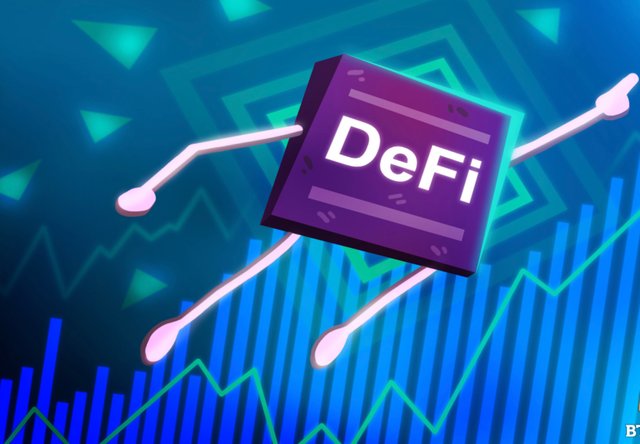Decentralized Finance: fear of this innovation, cautious investigation and acceptance
Fear of DeFi innovation, caution and acceptance.
I ran across this article in Forbes today, following a link from Twitter. I love the premise of the article: Forbes Article on DeFi innovation is always feared, but caution and careful analysis have led investors to pump 80 billion dollars into this financial tool. Perhaps you should also invest in this sector? I also loved the commentary, which I quote below and then discus.
Quote 1
At its core, innovation is exciting. It involves a new way of operating that can bring the promise of greater efficiency and access for consumers and businesses—beyond what we know in the moment. Think of the automobile, the transistor, or the smartphone. However, when innovation comes to finance, it is often met with skepticism over safety and suitability—an issue faced by fintech over the past decade. The good news is that we can all generally agree that fintech has made life easier for most people. Think of PayPal and Rocket Mortgage.
Commentary
This is an important statement. All innovations, defined as new ways of doing things, are met with fear and skepticism. It is human nature to prefer the familiar, even if the familiar is flawed. An old wool blanket full of moth holes is initially preferable then a brand new electric blanket. Besides electricity kills people, right? LOL
Fear is a evolutionary trait that keeps us from being eaten by wild animals, and caution a less drastic aversion trait then fear allows us to rationally assess risks and benefits.
Quote 2
Today we hear about skepticism and worry over decentralized finance, or “DeFi.” Regulators have seen the rise of DeFi as increasing the risk in the traditional financial system. Given how skeptical we all were about past innovations that turned out to deliver major benefits, this isn’t terribly surprising. The question is, why does it need to be this way? Can we instead overcome our brains’ status quo bias and recognize that DeFi might reduce risks that exist in the traditional financial system?
First, some context. In the roughly 18 months since the emergence of DeFi at scale, approximately $80 billion of capital has been contributed to DeFi protocols—something big.
DeFi has grown this fast and become so significant for a reason. Every dollar contributed to a DeFi platform is a dollar someone decided not to deposit at a bank or invest with a traditional asset manager. Why? Because large numbers of people decided that the risk-adjusted benefits of DeFi participation were more favorable than traditional banking or investment services.
Commentary 2
Cautious risk benefit analysis is a core part of all investment strategies. It’s important to sort out your fears and concerns rationally and decide if they are factual or not, plus what measures can be taken to minimize risk and maximize return. The truly remarkable thing about decentralized finance is nit that it’s profitable, and not that it’s risky, it’s that some very wealthy and intelligent investors have invested large sums of money into it, and they have been rewarded.
Fear, like hope springs eternal from the human mind. But if we always surrender to our fears, we never innovate, we never take calculated risks and we don’t learn how to perform risk benefit analysis in the real world.
DeFi is the newest financial investment tool, and it’s complicated like a maze.
But nothing worthwhile is easy, and it really is important that we educate ourselves about the newest tool and harness it for our own good.
